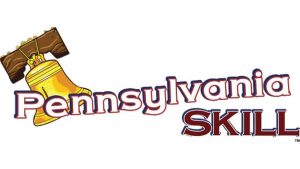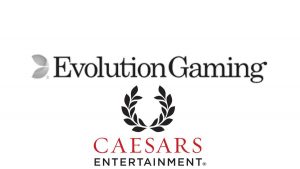It is about a couple of months now since the Pennsylvania Gaming Control Board (PGCB) announced the beginning of the 90-day period in which it would be accepting interactive gaming licenses. Since that date (April 16), the board has not received a single online gambling license application and this is starting to draw a bit of attention.
While some may argue that there is still some time left before the process finally comes to a close, the laxity that has been portrayed by the licensed brick and mortar casino operators of the state is rather strange especially considering how lucrative the online space is when it comes to gambling. The state also recently announced that it was accepting applications for sports betting licenses and supposing everything plays out in the same exact way then the situation will certainly be something worth worrying about.
What Is at Stake?
The Keystone State’s regulator is currently offering a comprehensive online gambling license that covers online slots, table games as well as poker for the price of $10 million. Existing and licensed casinos in the state have 90 days – that began on April 16 – to apply for this license.
An excerpt from the Pennsylvania state gaming expansion law elaborates this as follows:
“No later than 90 days after the date the board begins accepting petitions under this chapter, a slot machine licensee may file a petition with the board for an interactive gaming certificate. If the board approves a petition for an interactive gaming certificate under this paragraph, the board shall authorize the interactive gaming certificate holder to offer any category of interactive gaming.”
In case the state’s licensed casino operators fail to submit the online gambling license applications by the time the 90-day application period elapses, then the PGCB will sell the licenses for the slots, table games, and poker separately at a cost $4 million each. After that, if there will still be some licenses remaining after 120 days, then the state will open up the process to allow qualified outside entities to apply for the individual licenses at the same $4 million price.
Is the La Carte Approach the Goal?
The licensing process is a lengthy one and requires quite a bit of legwork – these include pages upon pages of documents that are meant to be filled out as well as a ton of partnership agreements that need to be consummated.
A more appealing idea is that the casinos would rather opt for the la carte option when choosing the online gambling license they want instead of going for all three sectors of gambling, despite the huge discount that it offers. As such, maybe the lack of online gaming applications should not be alarming, at least not yet.





